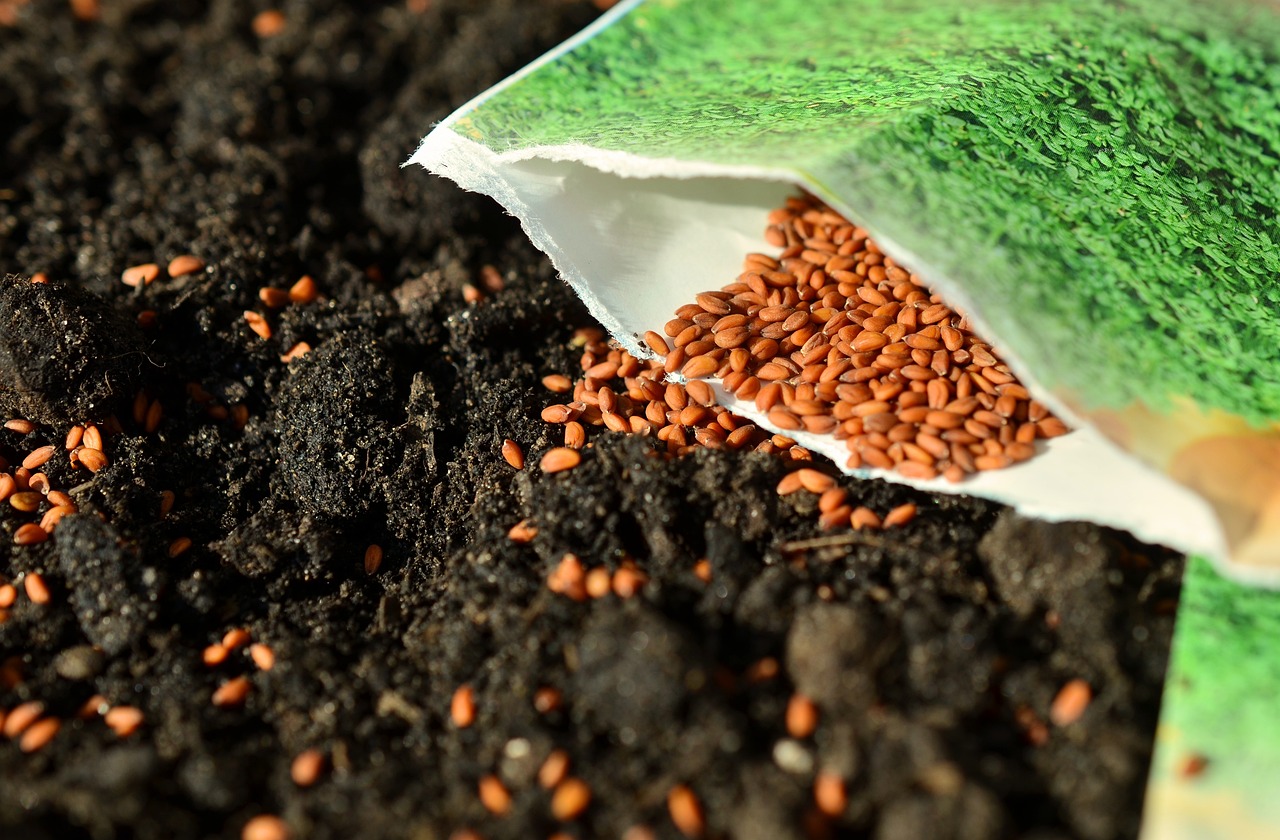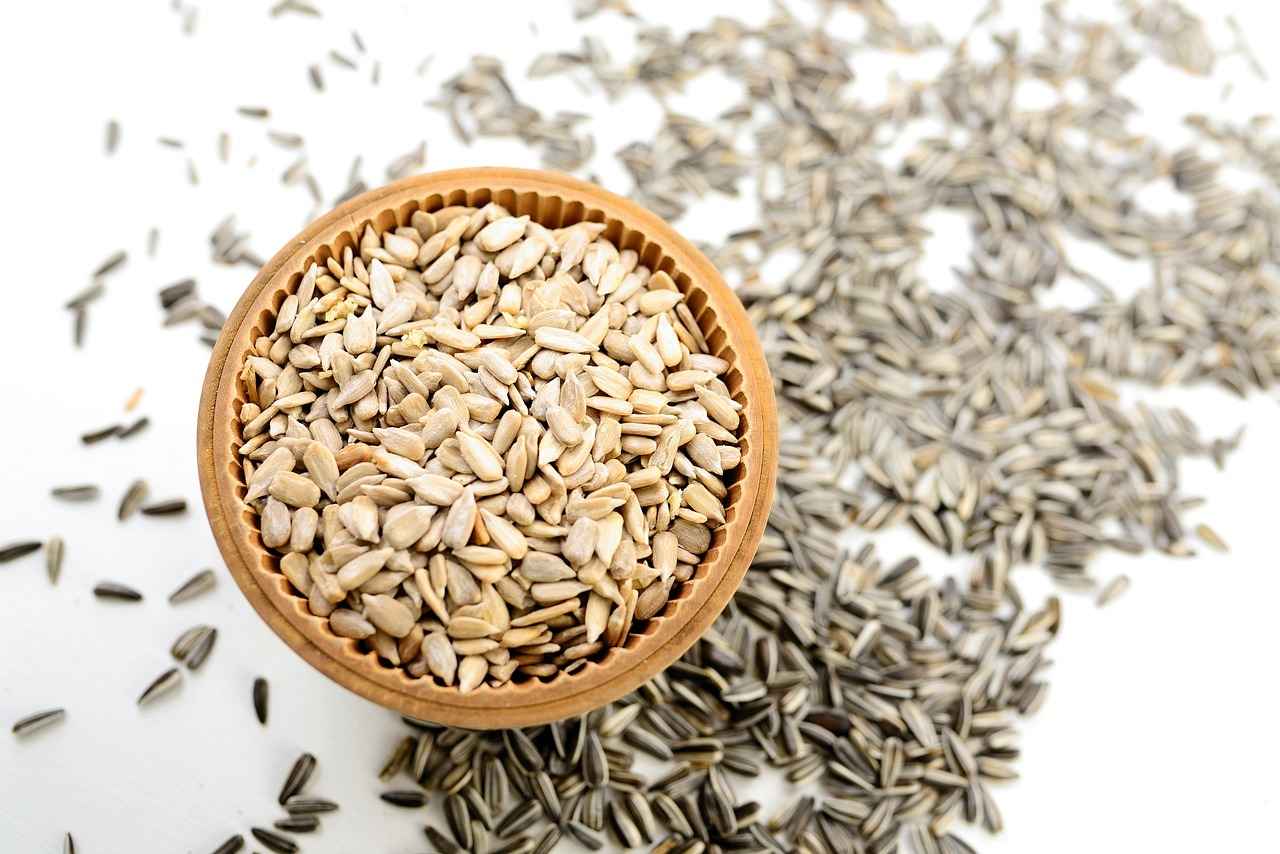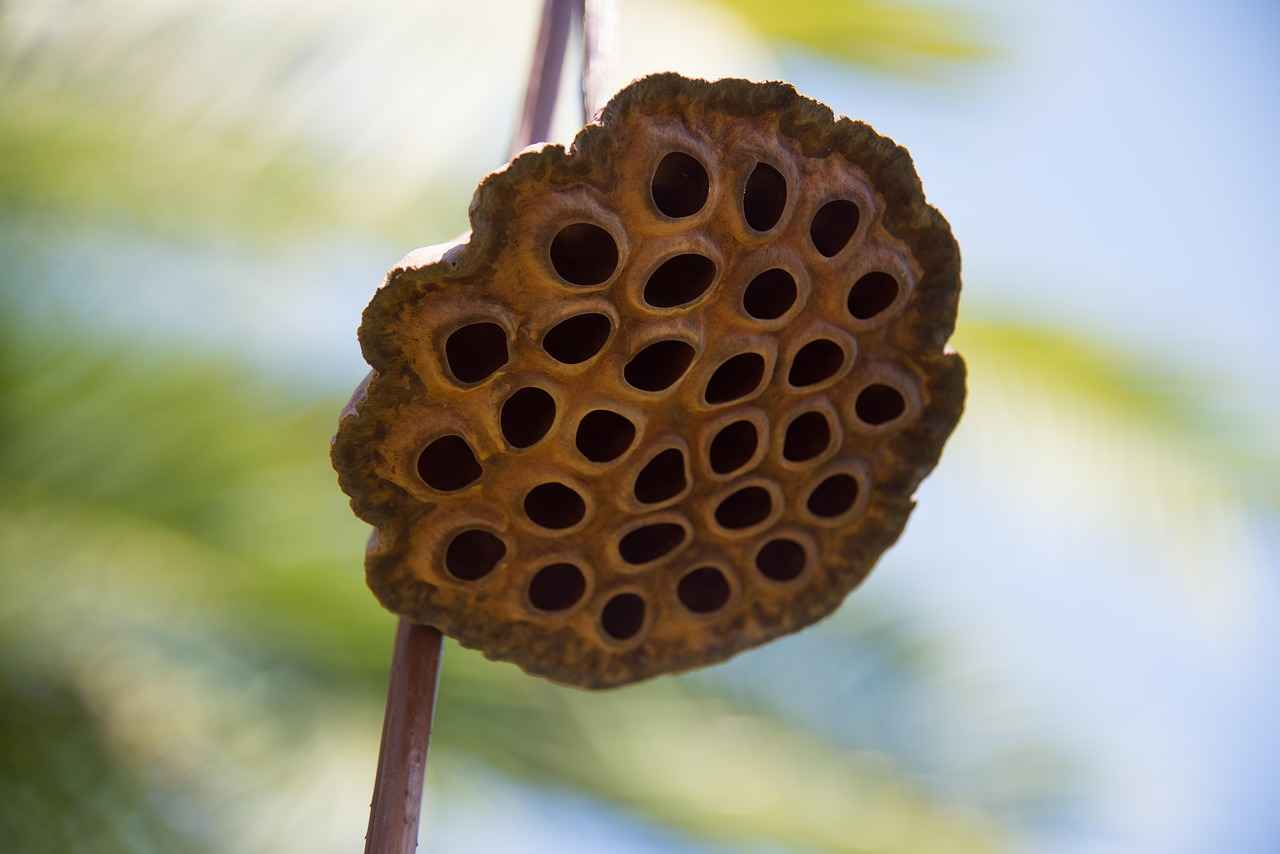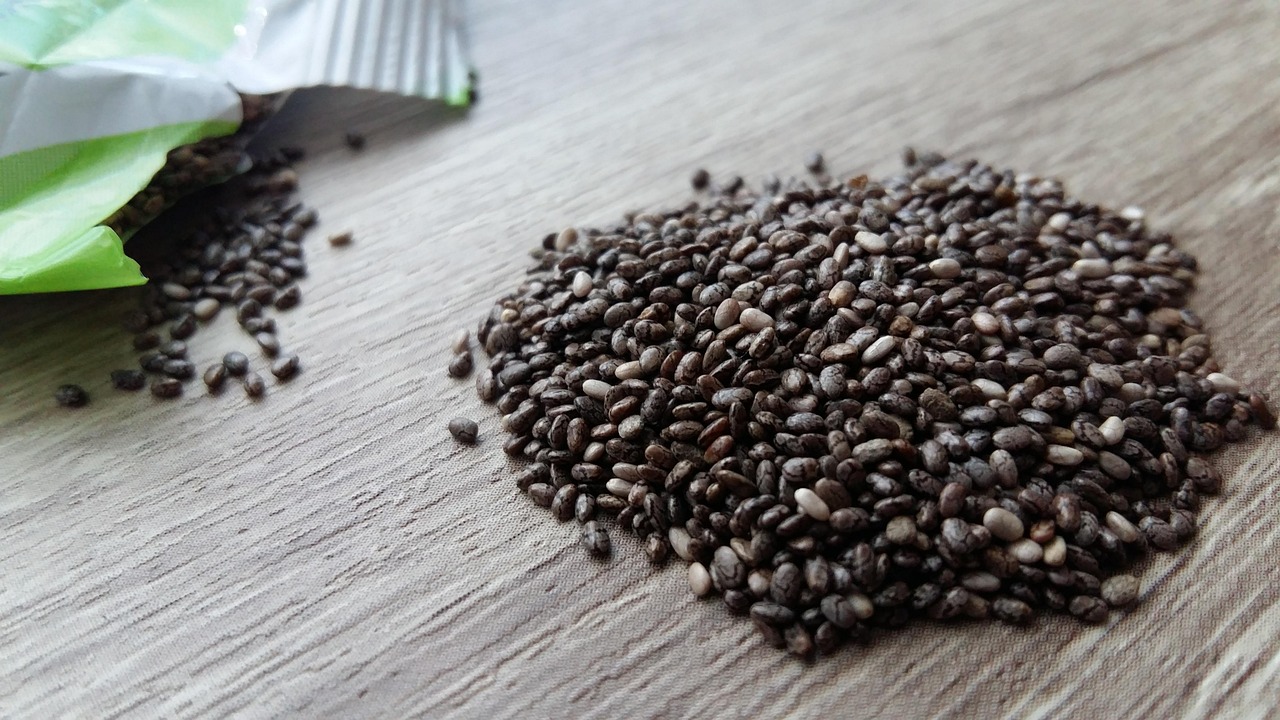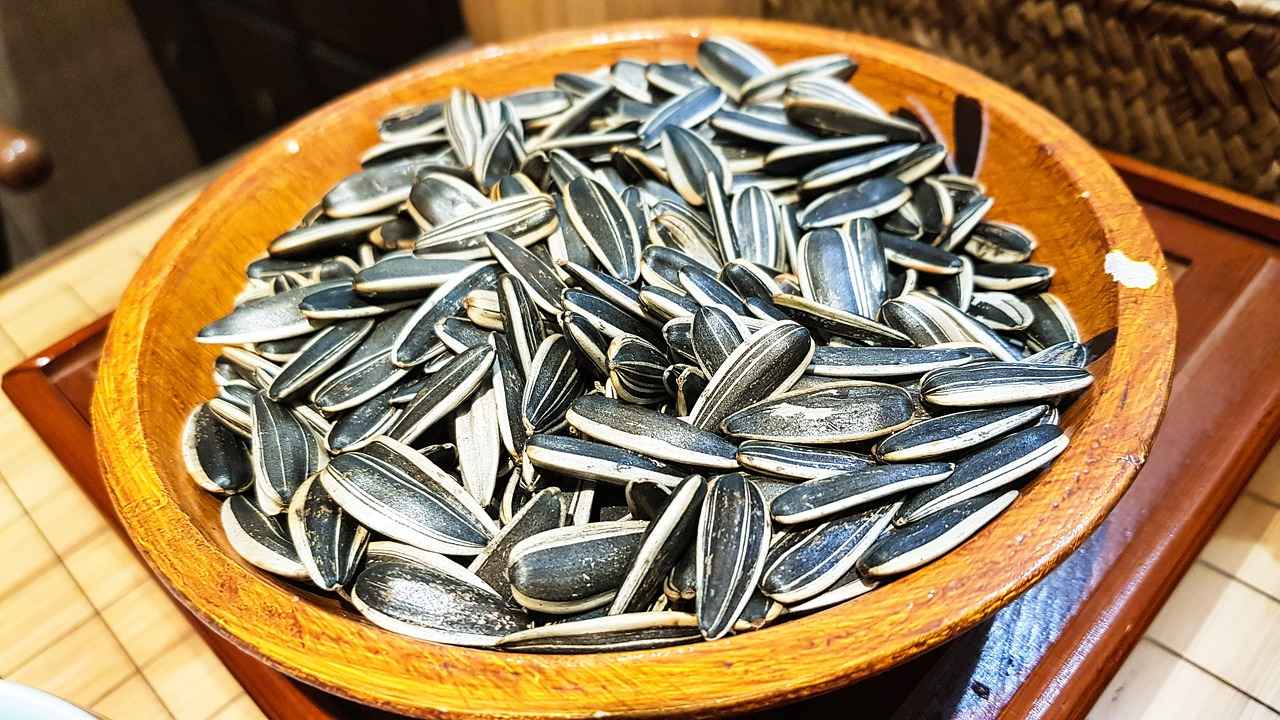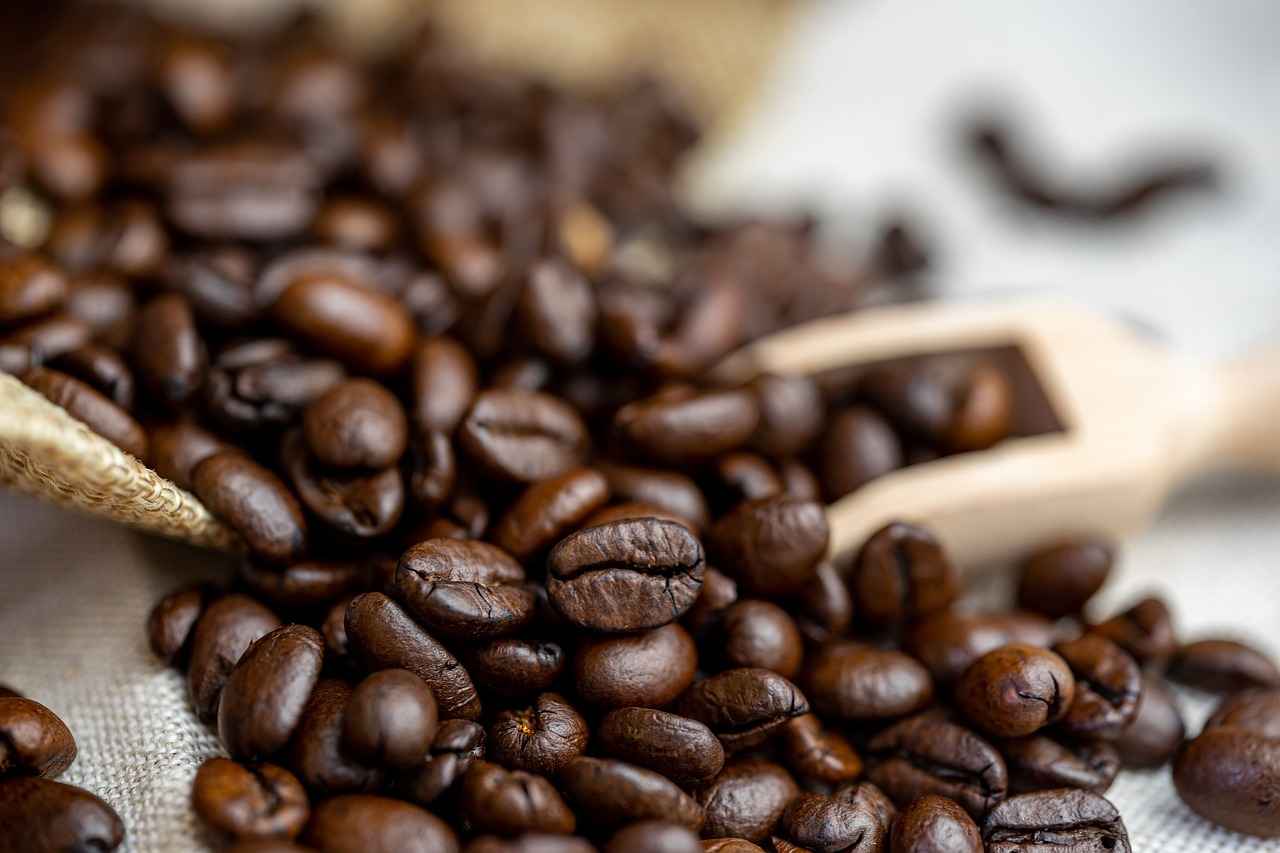Chia seeds have become increasingly popular in the health and wellness community due to their numerous health benefits and impressive nutrient profile. This article delves into the protein content of chia seeds per tablespoon and compares it to other well-known protein sources, providing valuable insights for those aiming to enhance their diets.
Chia seeds are small, black or white seeds derived from the Salvia hispanica plant, which is native to Central America. These seeds are rich in omega-3 fatty acids, fiber, and antioxidants, making them an excellent addition to various dietary plans.
One tablespoon of chia seeds contains approximately 2 grams of protein. In addition to protein, chia seeds also provide essential nutrients such as calcium, magnesium, and phosphorus, which contribute to overall health.
Understanding how chia seeds compare to other protein sources is vital for effective dietary planning. Below, we will analyze the protein content of chia seeds in relation to both animal and plant-based proteins.
Animal proteins are often considered complete proteins, meaning they contain all nine essential amino acids. Let’s compare chia seeds to some common animal protein sources.
Chicken breast is a popular lean protein source, providing about 26 grams of protein per 3-ounce serving. In contrast, while chia seeds offer less protein per tablespoon, they are still a valuable addition to a balanced diet due to their other nutritional benefits.
Beef is another significant protein source, typically providing around 22 grams of protein per 3-ounce serving. While chia seeds may not match the protein content of beef, they offer fiber and healthy fats that animal proteins lack.
As more individuals adopt plant-based diets, understanding how chia seeds compare to other plant proteins is essential.
Lentils are a staple in many vegetarian diets, offering about 18 grams of protein per cooked cup. While chia seeds provide less protein, they are an excellent source of fiber and can be easily added to various dishes.
Quinoa is often regarded as a superfood, containing approximately 8 grams of protein per cooked cup. Compared to chia seeds, quinoa has a higher protein content, but chia seeds excel in omega-3 fatty acids and antioxidants.
Beyond their protein content, chia seeds offer numerous health benefits. They are known to support digestive health due to their high fiber content, help regulate blood sugar levels, and promote heart health through their omega-3 fatty acids.
Incorporating chia seeds into your meals is simple and versatile. Here are some practical ideas:
- Add chia seeds to smoothies for an extra nutrient boost.
- Use them in baking, such as in muffins or bread.
- Mix chia seeds with yogurt or oatmeal for a nutritious breakfast.
- Prepare chia pudding by soaking seeds in milk or a milk alternative overnight.
While chia seeds are generally safe for most people, some may experience digestive issues if consumed in large quantities due to their high fiber content. It is advisable to start with small amounts and gradually increase intake.
In summary, chia seeds are a versatile and nutritious food source that can complement various diets. Their protein content, while lower than some animal and plant-based sources, is balanced by their rich array of nutrients and health benefits. Incorporating chia seeds into your diet can enhance your overall nutrition and contribute to a healthier lifestyle.
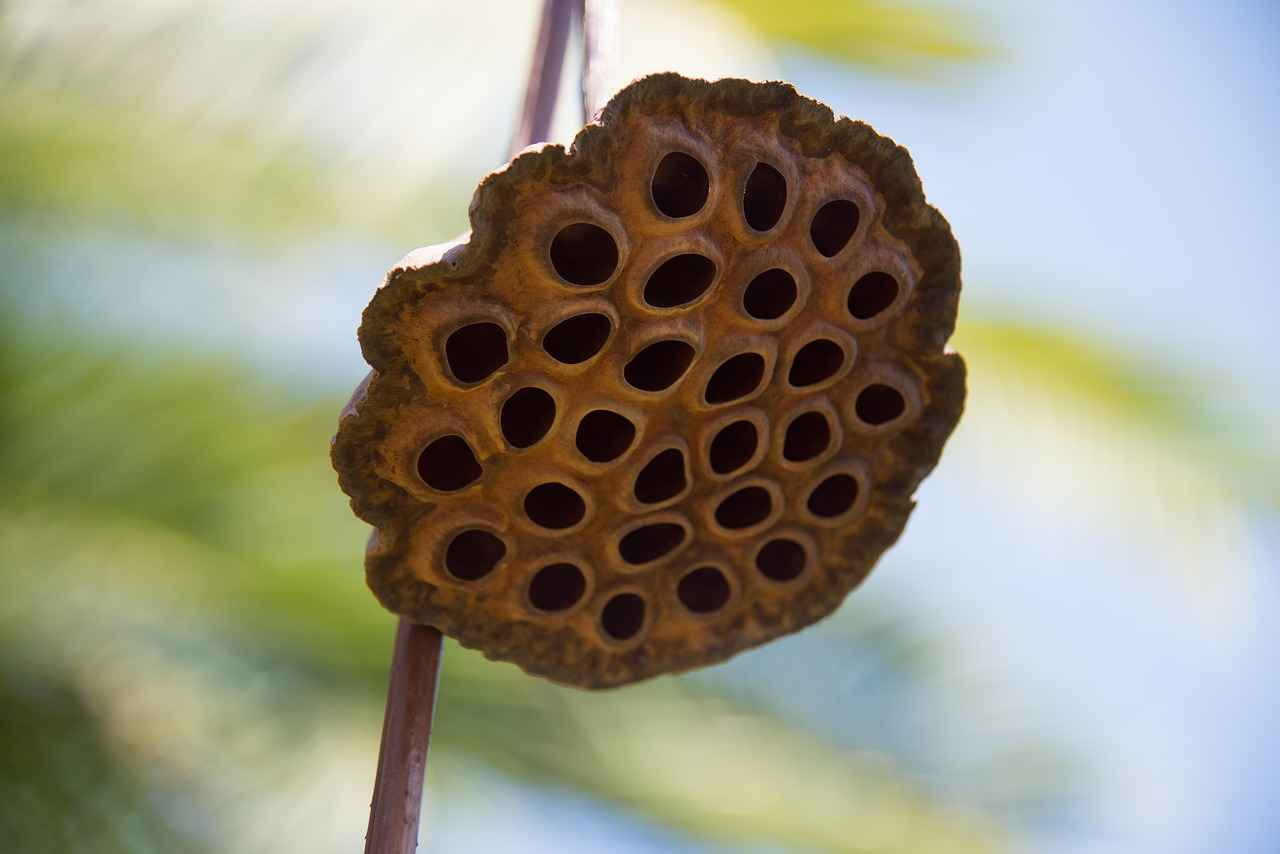
What Are Chia Seeds?
Chia seeds are tiny, yet incredibly nutrient-dense seeds derived from the Salvia hispanica plant, which is native to Central and South America. These seeds have gained significant popularity in recent years due to their impressive health benefits and versatility in various recipes. Rich in essential nutrients, chia seeds are often hailed as a superfood, making them a valuable addition to any diet.
One of the most notable characteristics of chia seeds is their high protein content. A single tablespoon of chia seeds contains approximately 2 grams of protein, making them a fantastic option for those looking to boost their protein intake without relying solely on animal sources. This protein is complemented by a wealth of other nutrients, including omega-3 fatty acids, fiber, antioxidants, and various vitamins and minerals.
Chia seeds are incredibly versatile and can be easily incorporated into a variety of dishes. They can be sprinkled on top of salads, blended into smoothies, or used as a thickening agent in puddings and baked goods. Their ability to absorb liquid and form a gel-like consistency makes them particularly useful in creating healthy desserts and snacks.
- Health Benefits: Aside from their protein content, chia seeds are packed with fiber, which aids digestion and promotes a feeling of fullness. This can be beneficial for those looking to manage their weight.
- Omega-3 Fatty Acids: Chia seeds are one of the best plant-based sources of omega-3s, which are essential for heart health and brain function.
- Antioxidants: These tiny seeds are rich in antioxidants, which help combat oxidative stress and inflammation in the body.
When comparing chia seeds to other protein sources, it’s essential to consider their unique nutrient profile. While they may not contain as much protein per serving as animal sources like chicken or beef, their plant-based nature makes them a suitable option for vegetarians and vegans. Moreover, chia seeds provide a complete protein, meaning they contain all nine essential amino acids, which is rare among plant foods.
In summary, chia seeds are not only a source of protein but also a powerhouse of essential nutrients that can enhance overall health. Their versatility in the kitchen and numerous health benefits make them a popular choice among health-conscious individuals. Incorporating chia seeds into your diet can be a simple and delicious way to improve your nutritional intake.

How Much Protein Is in One Tablespoon of Chia Seeds?
Chia seeds have gained significant attention in the health and wellness community for their impressive nutritional profile, particularly their protein content. One tablespoon of chia seeds contains approximately 2 grams of protein, making them a valuable addition to various diets. In this section, we will explore the detailed nutritional breakdown of chia seeds, emphasizing their protein content and other essential nutrients that contribute to overall health.
Chia seeds are not only rich in protein but also packed with other vital nutrients. In addition to the 2 grams of protein per tablespoon, they contain:
- Fiber: Approximately 5 grams, which aids in digestion and promotes a feeling of fullness.
- Omega-3 Fatty Acids: A significant source of alpha-linolenic acid (ALA), beneficial for heart health.
- Vitamins and Minerals: They are a good source of calcium, magnesium, and phosphorus, essential for bone health.
- Antioxidants: Chia seeds are rich in antioxidants that help combat oxidative stress in the body.
This combination of nutrients makes chia seeds a nutrient-dense food that supports various bodily functions, from muscle repair to maintaining healthy skin.
To understand the value of chia seeds in a protein-rich diet, it’s helpful to compare their protein content with other common food sources. For instance, one tablespoon of chia seeds provides a modest amount of protein compared to more concentrated sources like:
- Chicken Breast: A 3-ounce serving contains about 26 grams of protein.
- Beef: A similar serving size can provide around 22 grams of protein.
- Lentils: One cup of cooked lentils offers about 18 grams of protein.
- Quinoa: One cup of cooked quinoa contains about 8 grams of protein.
While chia seeds may not compete with animal proteins in terms of sheer protein content, their complete amino acid profile makes them a valuable plant-based protein source. They contain all nine essential amino acids, which is rare among plant foods.
Incorporating chia seeds into your diet offers numerous health benefits beyond their protein content. Their high fiber content can aid in digestion and help regulate blood sugar levels, making them an excellent choice for those managing diabetes. Additionally, the omega-3 fatty acids found in chia seeds support cardiovascular health by reducing inflammation and lowering cholesterol levels.
Moreover, the antioxidants present in chia seeds can help protect the body from oxidative damage, potentially reducing the risk of chronic diseases.
Adding chia seeds to your meals can be both easy and delicious. Here are some practical tips:
- Chia Pudding: Mix chia seeds with your choice of milk or yogurt and let it sit overnight for a tasty breakfast.
- Smoothies: Add a tablespoon of chia seeds to your smoothies for an extra protein boost.
- Baking: Incorporate chia seeds into muffins, bread, or energy bars for added nutrition.
These methods not only enhance the nutritional value of your meals but also introduce a delightful texture.
Chia seeds are a versatile and nutritious food source that can fit into a variety of dietary plans. With their impressive protein content and additional health benefits, they are an excellent choice for anyone looking to enhance their nutritional intake. Whether you’re a vegetarian, vegan, or simply looking to diversify your protein sources, chia seeds are a valuable addition to your pantry.

Comparing Chia Seeds to Other Protein Sources
When it comes to nutritional planning, understanding the protein content of various foods is essential. Chia seeds, often celebrated for their numerous health benefits, are a popular choice among health enthusiasts. This section will provide a detailed comparison of chia seeds with both animal and plant-based protein sources, offering insights into their protein content and overall nutritional value.
How Do Chia Seeds Measure Up Against Animal Proteins?
Animal proteins are typically known for their high protein density and complete amino acid profiles. For instance, chicken breast and beef are staples in many diets. Let’s take a closer look at how chia seeds compare to these common animal protein sources.
| Protein Source | Protein Content (per serving) |
|---|---|
| Chia Seeds (1 tablespoon) | 2 grams |
| Chicken Breast (3 ounces) | 26 grams |
| Beef (3 ounces) | 22 grams |
As shown in the table, a single tablespoon of chia seeds contains approximately 2 grams of protein, which is significantly lower than the protein content found in chicken breast or beef. However, chia seeds offer unique benefits, including a rich source of omega-3 fatty acids and dietary fiber.
Chia Seeds vs. Plant-Based Proteins
With the rise in popularity of vegetarian and vegan diets, plant-based proteins have gained significant attention. Foods like lentils and quinoa are often highlighted for their protein content. Let’s explore how chia seeds stack up against these plant-based options.
| Protein Source | Protein Content (per serving) |
|---|---|
| Chia Seeds (1 tablespoon) | 2 grams |
| Lentils (1 cup cooked) | 18 grams |
| Quinoa (1 cup cooked) | 8 grams |
In comparison to lentils and quinoa, chia seeds again have a lower protein content. A cup of cooked lentils provides about 18 grams of protein, while quinoa offers approximately 8 grams. However, chia seeds hold their own with other nutritional advantages, such as being a complete protein source containing all nine essential amino acids.
What Makes Chia Seeds Unique?
While chia seeds may not be the highest protein source available, they offer several health benefits that are worth considering. They are high in fiber, which aids in digestion, and they also provide essential fatty acids that support heart health. Additionally, chia seeds are rich in antioxidants and minerals like calcium and magnesium.
Incorporating chia seeds into your diet can be a great way to enhance your nutritional intake without solely focusing on protein content. They can be easily added to smoothies, oatmeal, or baked goods, making them a versatile ingredient for health-conscious individuals.
In summary, while chia seeds may not compete with traditional animal and plant-based protein sources in terms of sheer protein content, their unique nutritional profile and health benefits make them a valuable addition to a balanced diet.
Chia Seeds vs. Animal Proteins
When it comes to protein sources, animal proteins like chicken and beef are often at the forefront of dietary discussions. They are celebrated for their high protein content and essential amino acids. However, the emergence of plant-based proteins, particularly from chia seeds, is reshaping how we view protein intake. In this section, we will delve into the protein levels found in chia seeds and compare them with those in popular animal protein sources.
Chia seeds, derived from the Salvia hispanica plant, are not just a trendy superfood; they pack a nutritional punch. One tablespoon (approximately 12 grams) of chia seeds contains about 2 grams of protein. This may seem modest compared to animal proteins, but chia seeds offer a unique blend of nutrients and health benefits that are worth considering.
Chicken breast is a staple in many diets, especially for those looking to increase their protein intake. A typical serving of cooked chicken breast (about 3 ounces) contains approximately 25 grams of protein. While this is significantly higher than the protein content in chia seeds, it’s important to note that chia seeds provide additional nutrients such as fiber, omega-3 fatty acids, and antioxidants.
Beef is another common animal protein source, renowned for its robust flavor and high protein content. A 3-ounce serving of cooked beef can deliver around 22 grams of protein. While beef is rich in iron and vitamin B12, chia seeds stand out with their plant-based benefits, including the ability to regulate blood sugar and improve digestive health.
Eggs are often hailed as one of the best sources of protein, with a large egg providing about 6 grams of protein. Eggs also contain essential amino acids, making them a complete protein source. However, chia seeds offer a plant-based option that caters to those with dietary restrictions or preferences, along with a wealth of fiber and healthy fats.
While animal proteins undoubtedly provide high protein levels, chia seeds bring a diverse array of health benefits that shouldn’t be overlooked. They are a great source of omega-3 fatty acids, which are vital for heart health. Furthermore, chia seeds are rich in fiber, promoting digestive health and enhancing satiety, making them an excellent addition to weight management plans.
- Add chia seeds to smoothies for a protein boost.
- Sprinkle them on salads or yogurt for added crunch and nutrition.
- Use chia seeds in baking, such as in muffins or bread, to enhance the nutrient profile.
- Soak chia seeds in water or milk to create a nutritious pudding.
In conclusion, while animal proteins like chicken and beef offer high protein content, chia seeds provide a unique combination of nutrients that can complement a balanced diet. Their versatility and health benefits make them an excellent choice for anyone looking to diversify their protein sources.
Chicken Breast Protein Content
Chicken breast is widely recognized as a premier source of lean protein, making it a staple in many diets, particularly for those focused on fitness and muscle building. This section will delve into the protein content of chicken breast per serving and compare it to chia seeds, a popular plant-based protein source.
One cooked, skinless chicken breast weighing approximately 3.5 ounces (100 grams) contains about 31 grams of protein. This high protein content makes chicken breast an excellent choice for individuals looking to increase their protein intake without consuming excessive fat. In addition to its impressive protein profile, chicken breast is also low in calories, with around 165 calories per serving, making it an ideal option for those aiming to maintain or lose weight.
In contrast, chia seeds offer a different nutritional profile. One tablespoon of chia seeds contains about 2 grams of protein. While this may seem modest compared to chicken breast, chia seeds are packed with other beneficial nutrients, including omega-3 fatty acids, fiber, and various micronutrients. These seeds provide an excellent source of plant-based protein and are particularly beneficial for those on vegetarian or vegan diets.
When comparing chicken breast and chia seeds, it’s essential to consider not just the protein content but also the overall nutritional benefits. Chicken breast is rich in essential amino acids, which are vital for muscle repair and growth. On the other hand, chia seeds are unique in that they offer a complete protein source, meaning they contain all nine essential amino acids, albeit in lower quantities.
Furthermore, the digestibility of protein varies between these two sources. Animal proteins, such as those found in chicken, are generally more easily absorbed by the body compared to plant proteins. This makes chicken breast a more efficient protein source for muscle building and recovery.
To illustrate the difference in protein content, consider the following table:
| Food Source | Serving Size | Protein Content |
|---|---|---|
| Chicken Breast | 3.5 ounces (100 grams) | 31 grams |
| Chia Seeds | 1 tablespoon | 2 grams |
In summary, chicken breast serves as a significant source of lean protein, providing a higher protein content per serving compared to chia seeds. However, chia seeds bring their own set of nutritional advantages, making them a valuable addition to a balanced diet. Whether you are looking to build muscle or simply maintain a healthy lifestyle, incorporating a variety of protein sources, including chicken breast and chia seeds, can help you achieve your dietary goals.
Beef Protein Content
When it comes to protein sources, beef stands out as a popular choice among many individuals seeking to boost their protein intake. In this section, we will delve into the protein content of beef, highlighting its nutritional profile and comparing it with chia seeds, a plant-based protein source.
Beef is derived from cattle and is renowned for its high protein content. A typical serving of cooked beef (approximately 3 ounces) can provide around 22 to 26 grams of protein, making it an excellent source for those looking to increase their protein consumption. Additionally, beef is rich in essential nutrients such as iron, zinc, and B vitamins, which play vital roles in various bodily functions.
The protein found in beef is considered a complete protein, meaning it contains all the essential amino acids that the body cannot synthesize on its own. This makes beef a valuable option for muscle repair and growth, particularly for athletes and those engaged in regular physical activities. Furthermore, the high bioavailability of beef protein ensures that the body can efficiently utilize the protein consumed.
While beef offers a substantial amount of protein, it is essential to compare it with other protein sources like chia seeds. A single tablespoon of chia seeds contains approximately 2 grams of protein. Although this is significantly lower than the protein content in beef, chia seeds offer unique nutritional benefits, including high fiber content, omega-3 fatty acids, and various antioxidants.
| Nutrient | Beef (3 ounces) | Chia Seeds (1 tablespoon) |
|---|---|---|
| Protein | 22-26 grams | 2 grams |
| Iron | 2.1 mg | 0.6 mg |
| Zinc | 5.1 mg | 0.5 mg |
| Omega-3 Fatty Acids | 0.1 grams | 5 grams |
As illustrated in the table, beef provides a higher protein content, but chia seeds excel in providing healthy fats and fiber. This comparison highlights the importance of incorporating a variety of protein sources into one’s diet to achieve a balanced nutritional profile.
While beef is an excellent source of protein, it is essential to consider the quality and cut of the meat. Lean cuts of beef, such as sirloin or tenderloin, are preferable for those concerned about saturated fat intake. On the other hand, chia seeds are an excellent option for individuals following vegetarian or vegan diets and those looking to increase their intake of plant-based nutrients.
In summary, beef serves as a rich source of protein and essential nutrients, making it a popular choice for many. However, when compared to chia seeds, it is evident that both have unique benefits that can complement a well-rounded diet. By understanding the nutritional differences, individuals can make informed choices about their protein sources and overall dietary habits.
Chia Seeds vs. Plant-Based Proteins
As the demand for plant-based proteins continues to rise, many individuals are exploring various sources to meet their nutritional needs. Among these, chia seeds have gained significant popularity, especially among vegetarians and vegans. This section provides a comprehensive comparison of chia seeds with other prominent plant-based protein sources, such as lentils and quinoa.
What Makes Chia Seeds Unique?
Chia seeds are not only rich in protein but also packed with essential nutrients. One tablespoon (about 28 grams) of chia seeds contains approximately 2 grams of protein, along with high levels of omega-3 fatty acids, fiber, and various vitamins and minerals. This nutritional profile makes chia seeds a valuable addition to any diet.
Protein Content in Lentils
Lentils are a staple in many vegetarian and vegan diets, known for their impressive protein content. A typical serving of cooked lentils (about 1 cup) contains around 18 grams of protein. They are also rich in iron and folate, making them an excellent choice for those looking to boost their protein intake while also benefiting from additional nutrients.
How Do Chia Seeds Compare to Lentils?
- Chia Seeds: 2 grams of protein per tablespoon
- Lentils: 18 grams of protein per cup
While lentils provide significantly more protein per serving compared to chia seeds, the latter offers unique health benefits, including high fiber content that aids digestion and promotes satiety.
Quinoa: A Complete Protein Source
Quinoa is often referred to as a superfood due to its complete protein profile. It contains all nine essential amino acids, making it a rare plant-based complete protein. One cup of cooked quinoa provides approximately 8 grams of protein. This makes quinoa a fantastic option for those looking to incorporate a diverse range of proteins into their meals.
Chia Seeds vs. Quinoa
- Chia Seeds: 2 grams of protein per tablespoon
- Quinoa: 8 grams of protein per cup
Although quinoa has a higher protein content per serving, chia seeds can easily be incorporated into various dishes without altering the flavor significantly. They can be added to smoothies, oatmeal, or baked goods, enhancing the nutritional value of these meals.
Why Choose Chia Seeds?
Despite having lower protein content compared to lentils and quinoa, chia seeds offer a unique combination of benefits. They are an excellent source of omega-3 fatty acids, which are crucial for heart health, and they provide a significant amount of dietary fiber. Additionally, chia seeds are versatile and can be used in a variety of recipes, making them a convenient option for health-conscious individuals.
Final Thoughts on Plant-Based Protein Sources
When considering plant-based proteins, it’s essential to recognize the unique benefits of each source. While chia seeds may not provide as much protein as lentils or quinoa, their nutritional profile makes them a valuable addition to a balanced diet. By combining various plant-based proteins, individuals can ensure they are meeting their protein needs while enjoying a diverse and nutritious diet.
Lentils Protein Content
Lentils are a nutritional powerhouse and a staple in many diets around the world. They are not only rich in protein but also provide a variety of essential nutrients, making them a popular choice for those seeking a healthy diet. In this section, we will delve into the protein content of lentils and compare it with that of chia seeds, offering a clearer understanding of their nutritional profiles.
Lentils are small, lens-shaped legumes that come in various colors, including green, brown, red, and black. They are a significant source of plant-based protein and are often favored by vegetarians and vegans. Besides protein, lentils are rich in fiber, vitamins, and minerals, making them an excellent addition to any meal.
One cooked cup of lentils contains approximately 18 grams of protein. This impressive protein content makes lentils one of the best plant-based protein sources available. In addition to protein, lentils provide about 15.6 grams of fiber, which aids in digestion and promotes a feeling of fullness.
When examining the protein content of lentils compared to chia seeds, it’s essential to note that while chia seeds offer around 2 grams of protein per tablespoon, lentils provide significantly more protein per serving. This makes lentils a more substantial protein source, especially for those looking to increase their protein intake.
- Lentils: High in protein, fiber, iron, and folate.
- Chia Seeds: Rich in omega-3 fatty acids, antioxidants, and calcium.
While lentils excel in protein content, chia seeds are often praised for their healthy fats and nutrient density. Depending on dietary needs, both can be beneficial additions to a balanced diet.
Incorporating lentils into your diet can offer numerous health benefits:
- Heart Health: Lentils help lower cholesterol levels due to their high fiber content.
- Weight Management: The combination of protein and fiber in lentils promotes satiety, aiding in weight control.
- Blood Sugar Regulation: Lentils have a low glycemic index, making them suitable for managing blood sugar levels.
Adding lentils to your meals is simple and versatile. Here are some practical tips:
- Add cooked lentils to soups and stews for added protein.
- Use lentils as a base for salads, mixing them with vegetables and dressing.
- Incorporate lentils into veggie burgers for a hearty meal.
Lentils are an excellent source of plant-based protein, offering a variety of health benefits and culinary uses. While they differ from chia seeds in terms of protein content, both foods provide unique nutritional advantages. By understanding the protein content and benefits of lentils, individuals can make informed choices to enhance their diets.
Quinoa Protein Content
Quinoa is often regarded as a superfood, celebrated for its impressive nutritional profile. Among its many attributes, the protein content stands out, making it a popular choice for health-conscious individuals. In this section, we will explore the protein content of quinoa and how it compares to the protein found in chia seeds, another nutritional powerhouse.
Quinoa is unique among plant-based foods because it is considered a complete protein. This means it contains all nine essential amino acids that the body cannot produce on its own. A single cup of cooked quinoa provides about 8 grams of protein, making it an excellent option for vegetarians and vegans looking to meet their protein needs.
Chia seeds, while also nutritious, offer a different protein profile. One tablespoon of chia seeds contains approximately 2 grams of protein. When we compare quinoa and chia seeds, quinoa has a significantly higher protein content per serving, making it a more substantial protein source.
| Nutrient | Quinoa (1 cup cooked) | Chia Seeds (1 tablespoon) |
|---|---|---|
| Protein | 8 grams | 2 grams |
| Fiber | 5 grams | 5 grams |
| Omega-3 Fatty Acids | 0.1 grams | 5 grams |
| Iron | 2.8 mg | 0.6 mg |
Quinoa’s high protein content, combined with its status as a complete protein, makes it a versatile ingredient in many dishes. It can be used in salads, soups, and as a base for grain bowls. Its fluffy texture and nutty flavor enhance a variety of recipes, providing not only protein but also essential vitamins and minerals.
Beyond its protein content, quinoa is rich in antioxidants and anti-inflammatory properties. It is also gluten-free, making it suitable for individuals with gluten sensitivities. The high fiber content aids in digestion and helps maintain a feeling of fullness, which can be beneficial for weight management.
- Add quinoa to salads for an extra protein boost.
- Use it as a side dish instead of rice or pasta.
- Incorporate quinoa into breakfast bowls with fruits and nuts.
- Experiment with quinoa in baking for added nutrition.
While quinoa is generally considered safe and nutritious, some individuals may experience digestive issues due to its saponin content, a natural coating that can cause bitterness. Rinsing quinoa thoroughly before cooking can help mitigate this effect.
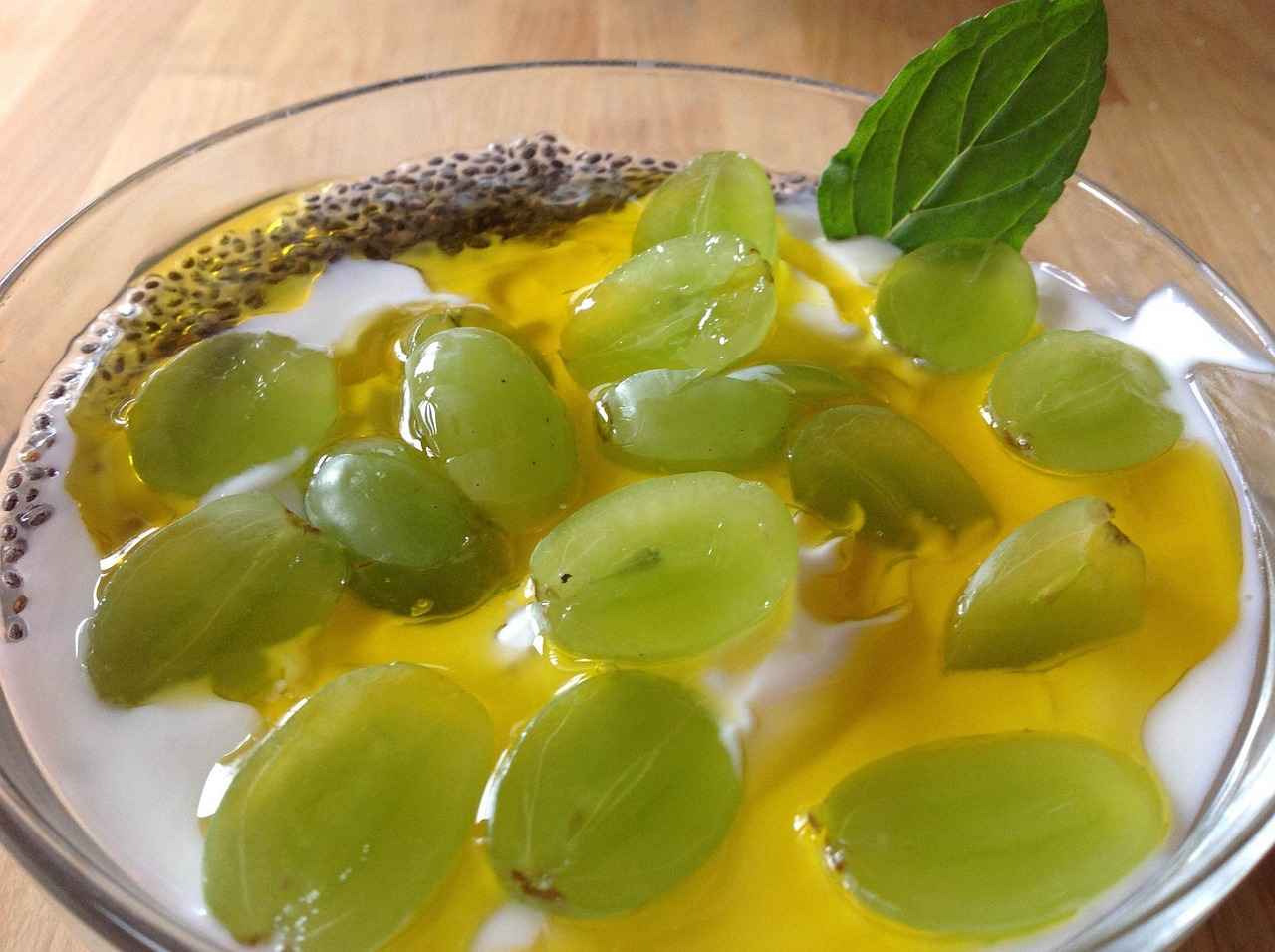
Health Benefits of Chia Seeds Beyond Protein
Chia seeds, often hailed as a superfood, are not just a source of protein; they come packed with a plethora of health benefits that can enhance overall well-being. This section will explore the various nutritional advantages of incorporating chia seeds into your diet, highlighting their unique properties and how they can contribute to a healthier lifestyle.
One of the standout features of chia seeds is their high content of omega-3 fatty acids, particularly alpha-linolenic acid (ALA). These essential fats are known for their ability to support heart health by reducing inflammation and lowering blood pressure. Including chia seeds in your diet can help maintain a healthy balance of omega-3s, which is crucial for optimal brain function and overall wellness.
Chia seeds are an excellent source of dietary fiber, with about 11 grams per ounce. This high fiber content aids in digestion by promoting regular bowel movements and preventing constipation. Furthermore, fiber helps to maintain a healthy gut microbiome, which is vital for nutrient absorption and immune function.
These tiny seeds are also rich in antioxidants, which help combat oxidative stress in the body. Antioxidants play a crucial role in neutralizing free radicals, thereby reducing the risk of chronic diseases such as cancer and heart disease. Incorporating chia seeds into your meals can enhance your body’s defense against cellular damage.
Chia seeds are a fantastic source of several nutrients essential for bone health, including calcium, phosphorus, and magnesium. A single ounce of chia seeds contains approximately 18% of the daily recommended intake of calcium, making them an excellent choice for those looking to strengthen their bones, especially for individuals who may not consume dairy products.
Due to their high fiber and protein content, chia seeds can help promote a feeling of fullness, which may assist in weight management. When consumed, chia seeds absorb water and expand in the stomach, leading to increased satiety and reduced overall calorie intake. This makes them a valuable addition to weight-loss diets.
Chia seeds have been shown to help regulate blood sugar levels, making them a suitable option for individuals with diabetes or those at risk of developing the condition. Their high fiber content slows down the absorption of sugar in the bloodstream, preventing spikes and crashes in blood sugar levels.
Incorporating chia seeds into your meals is easy and versatile. Here are some practical ideas:
- Add them to smoothies for an extra nutrient boost.
- Sprinkle them on salads or yogurt for added crunch.
- Use chia seeds to make puddings or jams as a healthy dessert option.
- Mix them into baked goods like muffins or bread for enhanced nutrition.
In summary, chia seeds offer a wealth of health benefits beyond just protein. From supporting heart health with omega-3 fatty acids to aiding in digestion and weight management, these tiny seeds pack a powerful nutritional punch. By adding chia seeds to your diet, you can enjoy a multitude of health advantages that contribute to a balanced and healthy lifestyle.

How to Incorporate Chia Seeds into Your Diet
Incorporating chia seeds into your diet can be a delightful and nutritious experience. These tiny seeds are not only packed with protein but also offer a plethora of health benefits. Below are some practical tips and innovative ideas on how to seamlessly add chia seeds to your meals.
Chia seeds are incredibly versatile. They can enhance the nutritional profile of many dishes while adding a unique texture. Here are a few reasons to consider:
- High in Nutrients: Chia seeds are rich in omega-3 fatty acids, fiber, and protein.
- Easy to Use: They can be added to both sweet and savory dishes.
- Health Benefits: They support heart health, digestion, and can help with weight management.
Here are some easy and delicious ways to incorporate chia seeds into your meals:
One of the most popular ways to enjoy chia seeds is by making chia seed pudding. Simply mix 3 tablespoons of chia seeds with 1 cup of your favorite milk (dairy or plant-based) and let it sit for a few hours or overnight. Add sweeteners like honey or maple syrup and top with fruits, nuts, or granola for a nutritious breakfast or snack.
Boost your smoothies by adding a tablespoon of chia seeds. They blend well and provide a thick, creamy texture. Try this recipe:
Ingredients:- 1 banana- 1 cup spinach- 1 tablespoon chia seeds- 1 cup almond milk- Blend until smooth!
Chia seeds can be incorporated into baked goods like muffins, bread, and pancakes. Replace a portion of the flour with chia seeds or use them as an egg substitute in vegan recipes by mixing 1 tablespoon of chia seeds with 3 tablespoons of water and letting it sit until it forms a gel.
Sprinkle chia seeds over salads or mix them into your yogurt for added crunch and nutrition. They pair well with various dressings and flavors, making your meal more satisfying.
Make a healthy jam by combining mashed fruits with chia seeds. Mix 2 cups of your favorite berries with 2 tablespoons of chia seeds and let it sit for about 30 minutes. The chia seeds will absorb the liquid and create a thick, spreadable jam.
Add chia seeds to soups and stews for extra thickness and nutrition. They can absorb liquid and help create a hearty texture, making your meals more filling.
Incorporating chia seeds into your diet is not only easy but can also be a delicious way to enhance your meals. With their versatility, you can enjoy them in various forms, from puddings to soups. Experiment with these ideas to find what works best for you and enjoy the numerous health benefits they offer!

Potential Drawbacks of Consuming Chia Seeds
Chia seeds have gained immense popularity due to their numerous health benefits, including being a rich source of protein, fiber, and essential fatty acids. However, despite their advantages, chia seeds may not be suitable for everyone. This section will discuss potential drawbacks and considerations when including chia seeds in your diet.
- Digestive Issues: One of the most common concerns with chia seeds is their high fiber content. While fiber is essential for digestive health, consuming too many chia seeds can lead to bloating, gas, and constipation. It is crucial to gradually increase fiber intake and drink plenty of water when incorporating chia seeds into your diet.
- Allergic Reactions: Although rare, some individuals may experience allergic reactions to chia seeds. Symptoms can include itching, hives, or gastrointestinal distress. If you have a history of food allergies, it’s advisable to consult with a healthcare professional before adding chia seeds to your meals.
- Caloric Density: While chia seeds are packed with nutrients, they are also calorie-dense. A tablespoon of chia seeds contains approximately 58 calories. For those monitoring their caloric intake, it is essential to consider how chia seeds fit into your overall diet, especially if you are trying to lose weight.
- Potential for Choking: Chia seeds can absorb up to 12 times their weight in water, forming a gel-like substance. If consumed dry, they can pose a choking hazard, particularly for individuals with swallowing difficulties. It’s recommended to soak chia seeds in water or another liquid before consumption to mitigate this risk.
- Interactions with Medications: Chia seeds may interact with certain medications, particularly those that affect blood sugar levels or blood pressure. If you are on medication, consult your doctor to ensure that chia seeds are safe for you to include in your diet.
- Phytic Acid Content: Chia seeds contain phytic acid, which can bind to minerals like calcium, iron, and zinc, potentially reducing their absorption in the body. While this is not a significant concern for most people, individuals relying heavily on chia seeds as a primary nutrient source should be aware of this factor.
In summary, while chia seeds offer numerous health benefits, it is essential to consider these potential drawbacks before incorporating them into your diet. Understanding your individual health needs and consulting with a healthcare professional can help you make informed decisions about including chia seeds in your meals.
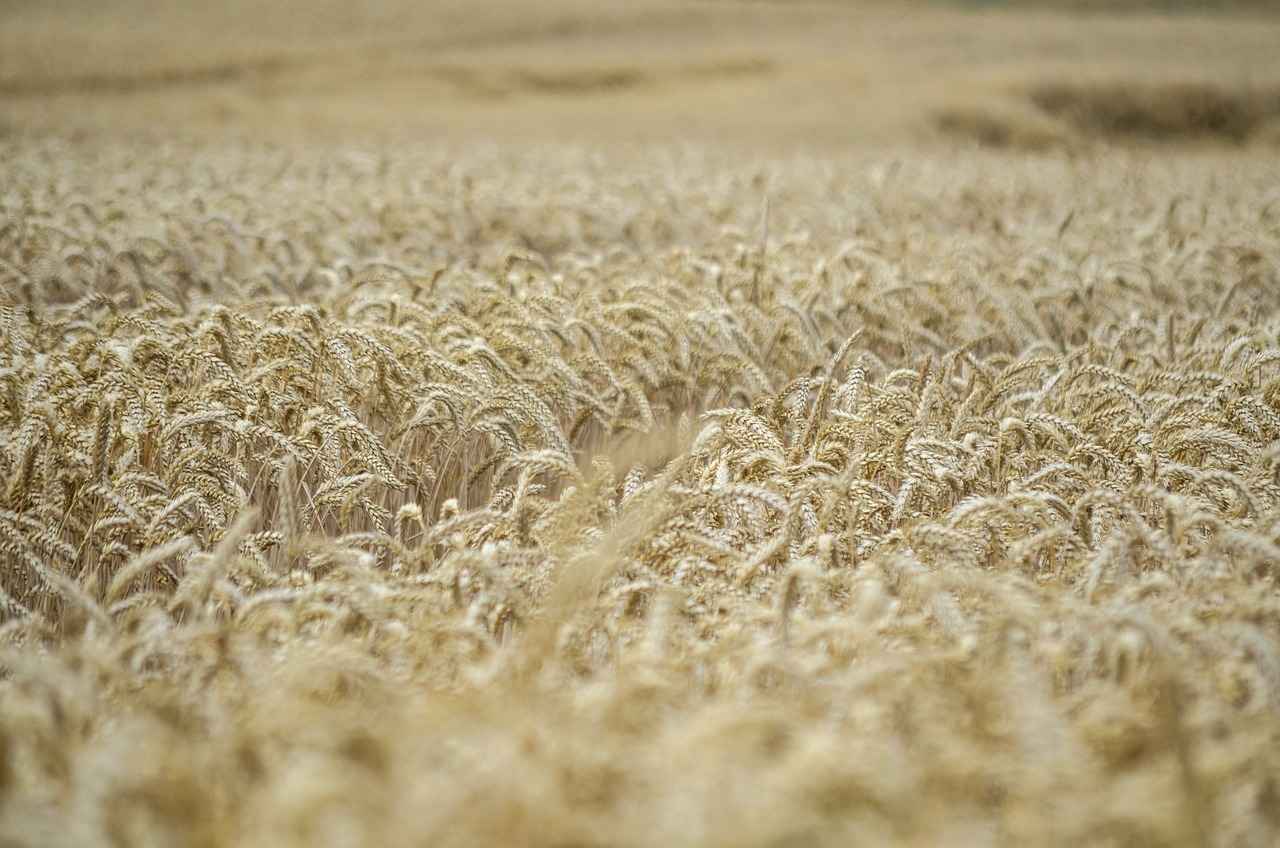
Final Thoughts on Chia Seeds and Protein
Chia seeds have gained popularity as a superfood due to their impressive nutritional profile and versatility in various dishes. As we explore the , it’s essential to understand their unique benefits and how they can fit into a well-rounded diet.
What Makes Chia Seeds Unique? Chia seeds are not only rich in protein but also packed with essential nutrients such as fiber, omega-3 fatty acids, and various vitamins and minerals. One tablespoon of chia seeds contains approximately 2 grams of protein, making them a valuable addition to both vegetarian and omnivorous diets. Their ability to absorb liquid and form a gel-like consistency allows them to be used in a variety of recipes, from smoothies to baked goods.
How Do Chia Seeds Compare to Other Protein Sources? When considering protein sources, it’s crucial to compare chia seeds with other options. For instance, while animal proteins such as chicken and beef are known for their high protein content, chia seeds offer a plant-based alternative that is not only lower in calories but also free from cholesterol. This makes them an excellent choice for those looking to reduce their animal protein intake.
| Protein Source | Protein Content (per 1 tablespoon) |
|---|---|
| Chia Seeds | 2 grams |
| Chicken Breast | 9 grams |
| Beef | 7 grams |
| Lentils | 3 grams |
| Quinoa | 2 grams |
Health Benefits Beyond Protein In addition to their protein content, chia seeds offer a variety of health benefits. They are an excellent source of fiber, which aids in digestion and promotes a feeling of fullness. The high levels of omega-3 fatty acids found in chia seeds can support heart health and reduce inflammation. Moreover, the antioxidants present in these seeds help combat oxidative stress, contributing to overall health and wellness.
Incorporating Chia Seeds into Your Diet Including chia seeds in your daily meals is simple and enjoyable. You can sprinkle them on top of yogurt, blend them into smoothies, or use them as an egg substitute in baking. Their neutral flavor makes them easy to integrate into both sweet and savory dishes, enhancing the nutritional value without altering the taste.
Considerations and Potential Drawbacks While chia seeds are generally safe for most individuals, it’s important to consume them in moderation. Due to their high fiber content, excessive intake may lead to digestive discomfort. Additionally, those with certain medical conditions or allergies should consult with a healthcare professional before adding chia seeds to their diet.
In summary, chia seeds are a versatile and nutritious food source that offers a unique combination of protein, fiber, and essential fatty acids. By understanding their benefits and how to incorporate them into your meals, you can make informed dietary choices that support your health and wellness goals.
Frequently Asked Questions
- What are the main health benefits of chia seeds?
Chia seeds are packed with essential nutrients, including omega-3 fatty acids, fiber, and antioxidants. They support heart health, improve digestion, and can even help with weight management due to their ability to absorb water and expand in your stomach, making you feel fuller.
- How can I incorporate chia seeds into my meals?
Incorporating chia seeds into your diet is super easy! You can sprinkle them on top of your yogurt, blend them into smoothies, or even use them as an egg substitute in baking. They can also be added to oatmeal or used to make delicious chia puddings.
- Are there any potential drawbacks to consuming chia seeds?
While chia seeds are generally safe, some individuals may experience digestive issues if consumed in large quantities. It’s important to drink plenty of water when eating chia seeds, as they can absorb a lot of liquid. Additionally, those with certain allergies should consult a healthcare professional before adding them to their diet.
- How do chia seeds compare to other protein sources?
Chia seeds contain about 2 grams of protein per tablespoon, which is lower than many animal proteins like chicken and beef. However, they are a great plant-based protein source and offer additional health benefits, making them a valuable addition to a balanced diet.




